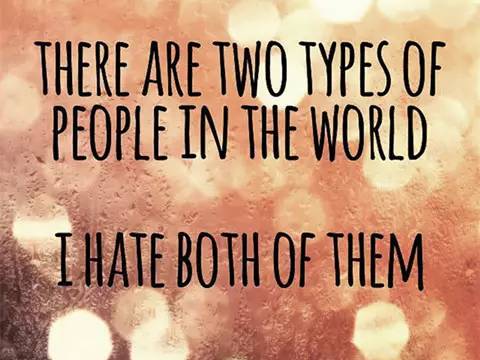Exploring Different Types of Student Loans: A Comprehensive Guide for Future Borrowers
#### Understanding Different Types of Student LoansWhen it comes to financing your education, understanding the various options available is crucial. There……
#### Understanding Different Types of Student Loans
When it comes to financing your education, understanding the various options available is crucial. There are **different types of student loans** that cater to the diverse needs of students. These loans can be broadly categorized into federal and private loans, each with its own set of features, benefits, and eligibility criteria.
#### Federal Student Loans
Federal student loans are funded by the government and typically offer lower interest rates and more flexible repayment options compared to private loans. Within federal loans, there are several types:
1. **Direct Subsidized Loans**: These are available to undergraduate students who demonstrate financial need. The government pays the interest while you are in school at least half-time, during the grace period, and during deferment periods.
2. **Direct Unsubsidized Loans**: These loans are available to both undergraduate and graduate students, regardless of financial need. Unlike subsidized loans, interest accrues while you are in school.

3. **Direct PLUS Loans**: These loans are designed for graduate students and parents of dependent undergraduate students. They allow you to borrow up to the total cost of attendance, minus any other financial aid received. However, a credit check is required.
4. **Direct Consolidation Loans**: This option allows you to combine multiple federal student loans into a single loan with one monthly payment. It can simplify repayment but may result in a longer repayment term.
#### Private Student Loans
Private student loans are offered by banks, credit unions, and other financial institutions. They can be a good option for students who need additional funding after exhausting federal loan options. Here are some key points to consider:

1. **Interest Rates**: Private loans often have variable interest rates that can be higher than federal loans. It's essential to compare rates from different lenders.
2. **Credit Requirements**: Unlike federal loans, private loans typically require a credit check. Students with limited credit history may need a co-signer to qualify.
3. **Repayment Options**: Private loans may not offer the same flexible repayment options as federal loans. Make sure to review the terms and conditions carefully.
#### Choosing the Right Loan for You

When deciding on the best financing option, consider factors such as your financial situation, the total cost of your education, and your future earning potential. It's often advisable to maximize federal loan options first, as they usually provide better terms and protections.
#### Conclusion
Navigating the world of student loans can be overwhelming, but understanding the **different types of student loans** available can help you make informed decisions. Whether you opt for federal or private loans, be sure to research and compare your options thoroughly. Remember, this financial commitment can significantly impact your future, so take the time to plan and choose wisely.